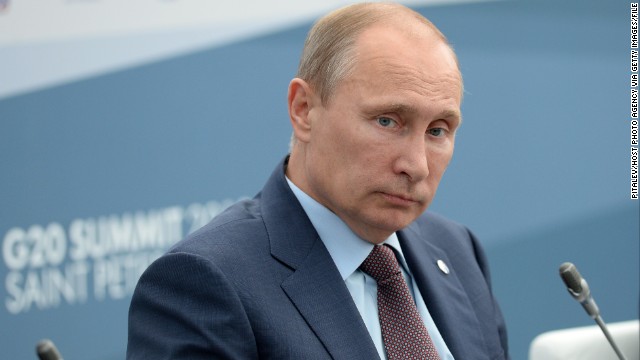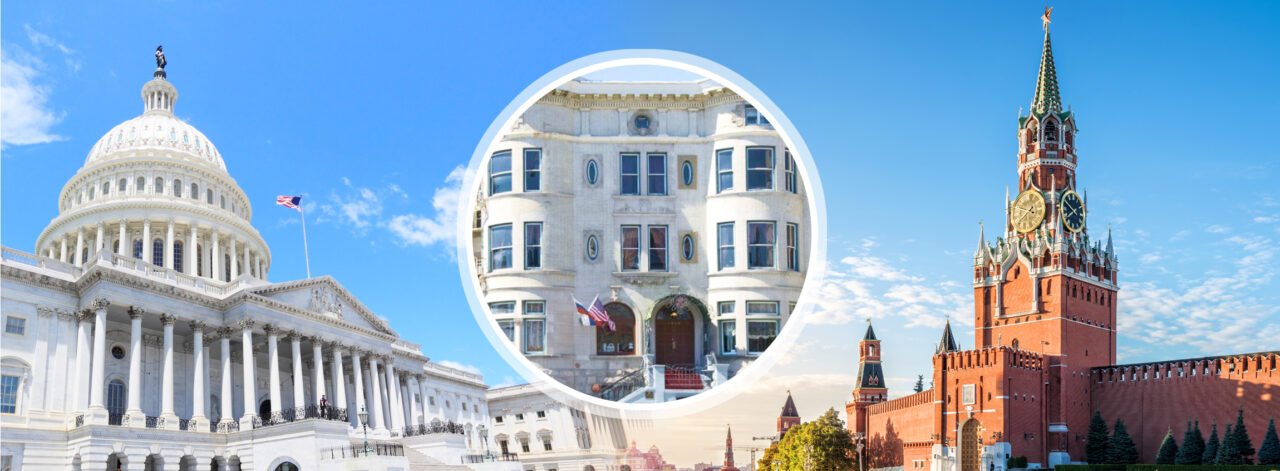
Masha Gessen
Masha Gessen is a journalist in Moscow and the author of “The Man Without a Face,” a biography of Vladimir Putin.
As he lay dying in a London hospital in November 2006, the Russian secret-police whistleblower Alexander Litvinenko dictated his final statement, addressed to President Vladimir Putin: "You have shown yourself to be as barbaric and ruthless as your most hostile critics have claimed. You have shown yourself to have no respect for life, liberty or any civilized value. You have shown yourself to be unworthy of your office, to be unworthy of the trust of civilized men and women.”
Amid the many tragedies that have marked Putin’s 14-year tenure as Russia’s leader, Litvinenko’s death remains the biggest smoking gun.
Litvinenko’s death was the world’s first confirmed case of death by poisoning with polonium-210, a rare and highly radioactive isotope. The substance itself was traceable to Russia, where it is manufactured in small quantities for industrial use, and to two Russian men who had met with Litvinenko shortly before he fell ill. Attempts to investigate the death have been stymied by Russia’s refusal to extradite the men and by pressure the Kremlin has apparently exerted on the British government.
Still, amid the many tragedies that have marked Putin’s 14-year tenure as Russia’s leader, Litvinenko’s death remains the biggest smoking gun:Polonium is such a highly controlled substance that many believe people it could not have been released and used as a weapon of terror without authorization from the Kremlin.
Now the man who is widely suspected of allowing a nuclear weapon to be used to silence a single opponent of his regime has put himself forward as the broker in the project of disabling the chemical weapons arsenal of his ally Bashar al-Assad, who has used these weapons against his own domestic opponents.
Among other things, this extremely difficult undertaking would involve full disclosure of Assad’s chemical arsenal. But at the same time as he put himself forward as the broker, Putin claimed, in his New York Times Op-Ed last week, that there was "every reason to believe’’ poison was "used not by the Syrian Army, but by opposition forces.” He has already prepared an alibi for Assad and for himself — for the likely event that the project fails.
Identifying, locating and isolating Syria’s chemical arsenal in the midst of civil war would be an extremely difficult undertaking even if all parties were acting in good faith, motivated by the desire to achieve peace. But what motivates Putin is a sense of solidarity with his ally and fellow dictator, and, even more important, the opportunity to throw his weight around on the international stage. This is why Putin is certain to sabotage the only measures that would give the chemical-disarmament project any hope of succeeding: a strong enforcement mechanism.
Russia’s behavior on the U.N. Security Council over the last year and a half has done exactly this — kept Assad safely shielded from sanctions, rendering the international community virtually helpless to intervene — and there is no reason to think this will change.
In another of many examples of Soviet-style doublespeak in his New York Times Op-Ed, Putin wrote, "No one wants the United Nations to suffer the fate of the League of Nations, which collapsed because it lacked real leverage.” Coming from the bully on the Security Council, this should be read as a threat – and a portent of future events in Syria.
Here is what he is really promising: protracted and difficult negotiations on the Syrian project, from which the United States will emerge battered and humiliated, with a compromise plan that lacks a convincing enforcement mechanism. A frustrating, expensive and possibly dangerous attempt to put the plan in place will follow. The civil war in Syria will continue to rage, claiming more lives and robbing the Syrian people of hope with every passing day. Ultimately, the United States and its good-faith partners will have to admit the chemical-disarmament project has failed, as Syria lies in ruins — still ruled by Assad.
Once defeat is acknowledged, Putin will take himself out of the Syrian picture, using the alibi he has already put forward: It wasn’t Assad who used the chemical weapons in the first place, he will say.
He will not mention that he sees nothing wrong with using weapons of mass destruction to fight the opposition: that will go without saying.



_jpg/250px-ElbeDay1945_(NARA_ww2-121).jpg)







